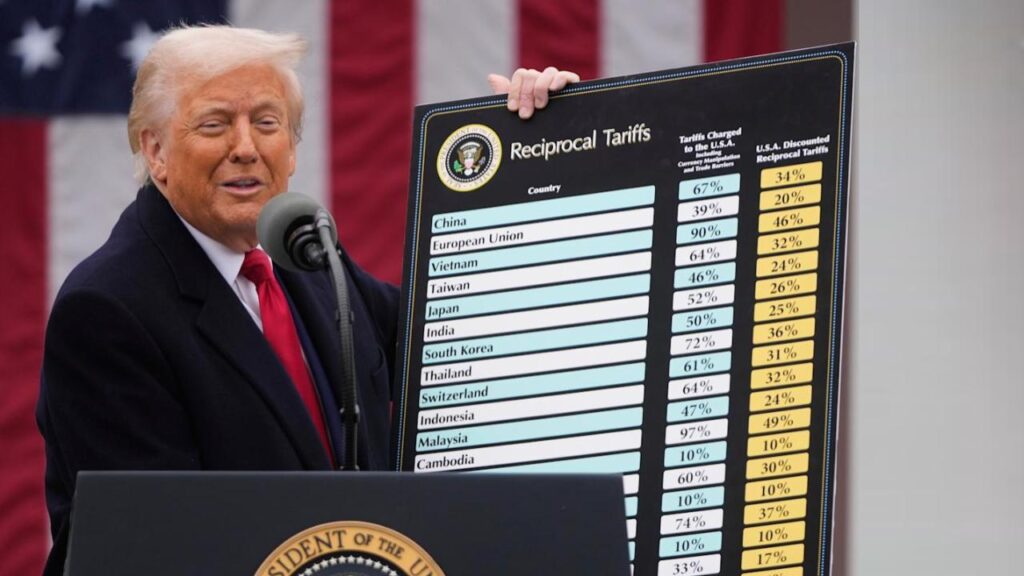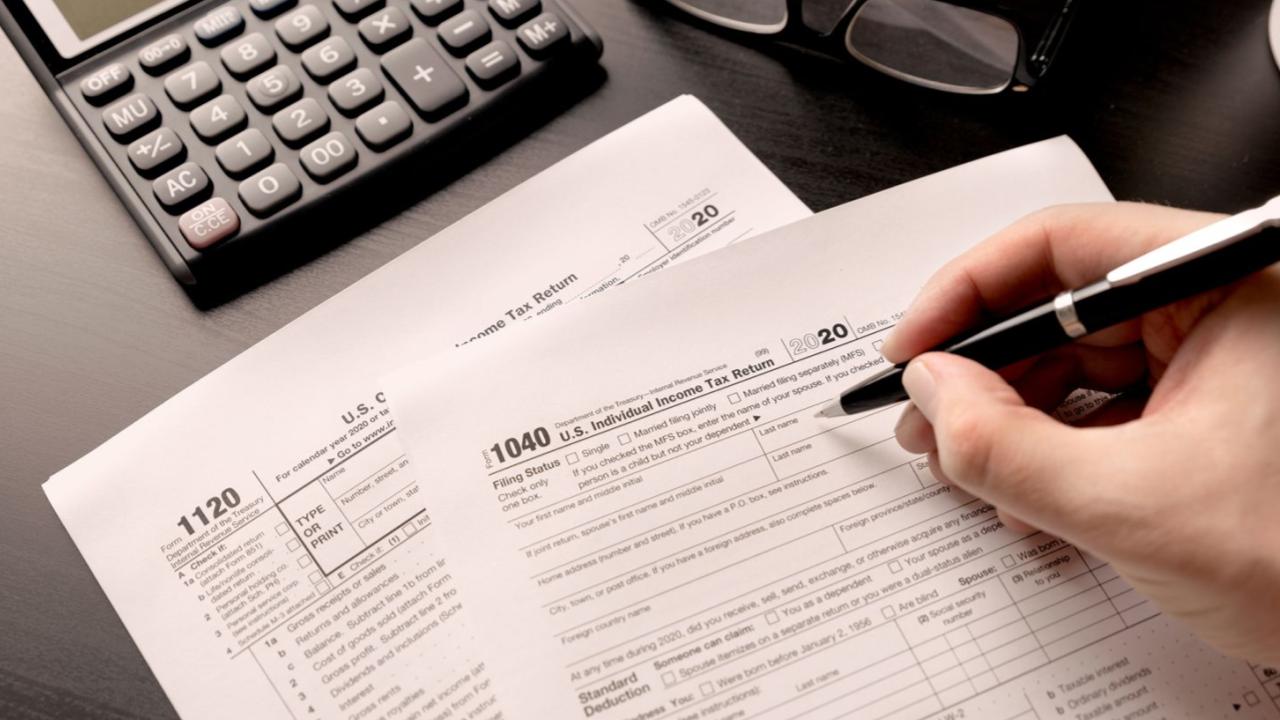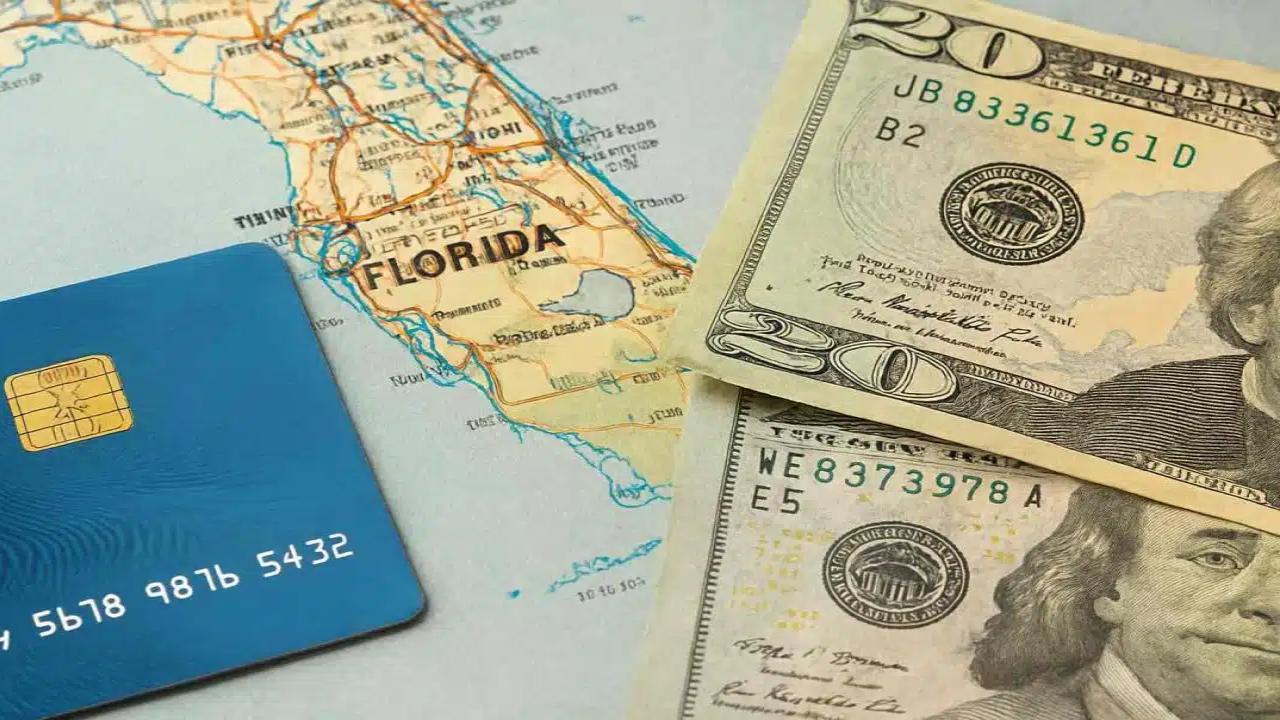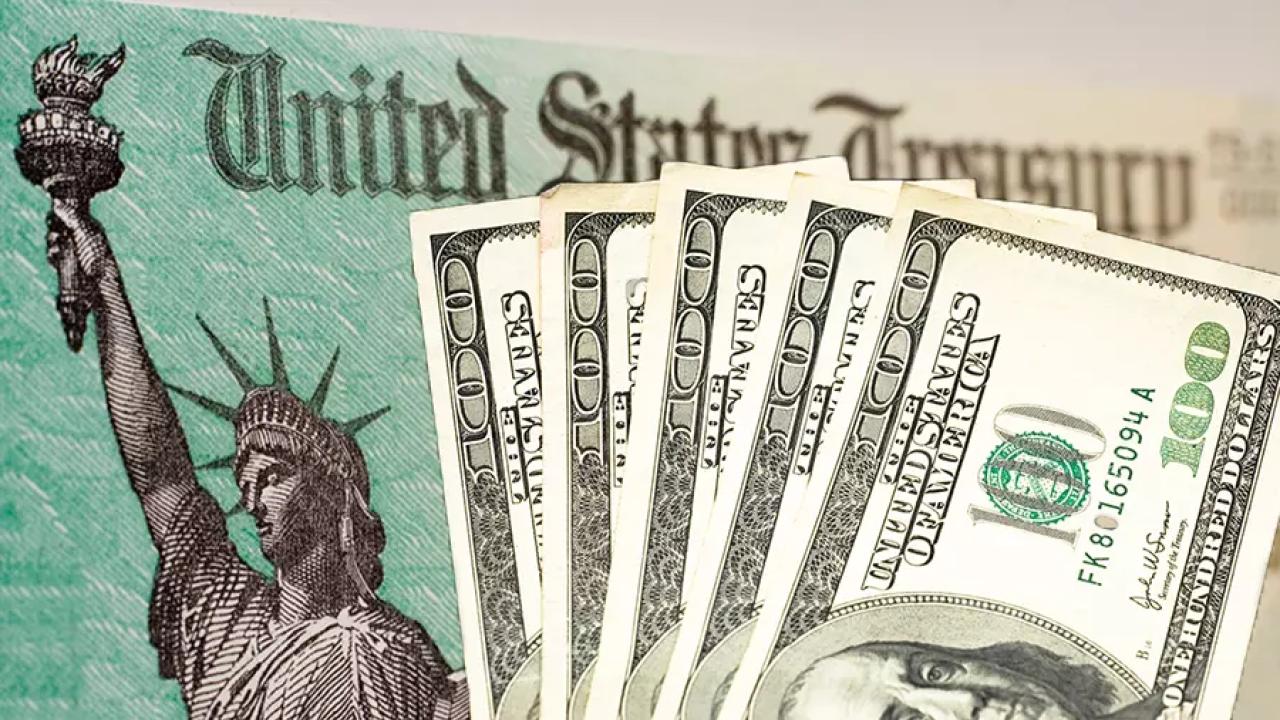Former President Donald Trump is firing back at Walmart for suggesting that his trade tariffs are driving up prices at checkout. He says the retail giant should “eat the tariffs” instead of making American families foot the bill.

Yep, you heard that right. Trump isn’t mincing words when it comes to Walmart’s complaints about inflation. In a bold statement posted on Truth Social, he made it clear that he’s not taking the blame for what you’re paying at the register. And now, the nation’s largest retailer and a powerful political figure are toe-to-toe in a high-stakes blame game over tariffs, inflation, and who’s really hurting American wallets.
Trump to Walmart: ‘Eat the Tariffs’
| Topic | Details |
|---|---|
| Who’s involved | Donald Trump vs. Walmart |
| What happened | Trump criticized Walmart for blaming his trade tariffs for price increases |
| Where it matters | U.S. retail and import economy |
| When | May 2025 |
| Key Quote | “Walmart should eat the tariffs. Not the American consumer.” – Trump |
| Potential Impact | Higher prices on essentials like bananas, kids’ car seats |
In the tug-of-war between Trump’s tariff policies and Walmart’s retail strategy, the real question is—who pays the price? While both sides are pointing fingers, one thing’s clear: regular Americans are stuck in the middle. Whether you support Trump’s hardline on trade or feel for Walmart’s pricing squeeze, the stakes are real, and they’re showing up on your receipt.
Trump’s Message: “Don’t Pin This on Me!”
Donald Trump is no stranger to blunt talk, and his recent message to Walmart followed that same no-holds-barred style. After Walmart hinted that new tariffs on imported goods would likely increase prices for American shoppers, Trump clapped back—hard.
According to Trump, Walmart, which pulled in over $600 billion in revenue in 2024, should be able to handle the extra costs from tariffs without pushing them onto working-class families.
“You made record profits last year, and now you’re whining about tariffs? Suck it up,” Trump posted on Truth Social.
His argument? The tariffs are meant to punish foreign manufacturers, especially those from China, not U.S. shoppers. So if prices are rising, he says that’s a choice Walmart is making—not a side effect of his policies.
Why Is Walmart Worried?
Walmart’s side of the story paints a different picture. According to their Chief Financial Officer, John David Rainey, these tariffs aren’t just a small bump in the road. They’re a full-on speed trap. Some prices on everyday items—think bananas, backpacks, and baby car seats—could spike by up to 29%.
Walmart argues they’ve done their best to hold the line on prices, but the scale of these tariffs is just too massive to ignore. While the U.S. temporarily cut tariffs on some Chinese goods from 145% to 30%, the rollback is short-term—just 90 days—and doesn’t apply across the board.
Retailers like Walmart operate on razor-thin profit margins, so even small shifts in cost can translate into big changes at the shelf level.
What Are These Tariffs, Anyway?
Let’s break it down for the folks in the back.
Tariffs are basically taxes placed on imported goods. The idea is to make foreign products more expensive, so people buy American-made alternatives instead. In theory, that helps domestic businesses thrive.
But in practice? It means the imported stuff you buy—like electronics, clothing, toys—gets pricier. And that’s where the controversy starts. Companies like Walmart import a ton of low-cost goods, and when tariffs go up, so do their costs.
Unless they “eat the tariffs,” as Trump suggests, they have to raise prices or lose profits. Either way, somebody pays.
Trump’s Playbook: America First, Always
This isn’t the first time Trump’s taken the tariff route. Back in 2018–2020, he slapped billions in duties on Chinese goods, launching what many called a “trade war.” At the time, companies warned it would lead to inflation. Sound familiar?
But Trump is betting that his “America First” base still supports tough trade policies. He argues that standing up to China and protecting U.S. manufacturing is worth a little short-term pain.
“They’ve been ripping us off for decades. It’s time we fought back,” Trump said at a recent rally.
Walmart’s Dilemma: Damned If You Do…
Walmart’s stuck in a tough spot. Pass on the costs, and they anger customers. Absorb the tariffs, and they take a hit on profits. Either way, the retailer’s walking a political tightrope.
They tried to thread the needle with a measured response:
“We remain committed to offering low prices to our customers,” a Walmart spokesperson said. “We will continue working to offset increased costs, but some impact is unavoidable.”
They didn’t mention Trump by name, but the message was clear—they’re doing their best in a tough climate.
How It Affects You: What Shoppers Should Know
Here’s the deal, straight up: you might see higher prices at your local Walmart, Target, or online. Items that rely heavily on imports—from school supplies to home appliances—could get more expensive if this tariff fight drags on.
What can you do?
- Watch prices carefully: Keep an eye on your go-to items. Prices on essentials may fluctuate week to week.
- Shop around: Use price comparison tools online. Amazon, Costco, and local shops may have better deals.
- Buy American: Some products made in the USA won’t be affected by tariffs—consider supporting local manufacturers.
What the Experts Say
Economists are divided on Trump’s comments. Some agree that large retailers should shoulder the burden:
“These are billion-dollar companies,” said Howard Gold, professor of economics at Columbia. “They can absorb tariffs better than working families.”
Others argue that in a global supply chain, costs always trickle down.
“Eventually, the consumer pays,” warned Michelle Tran, a trade analyst. “Even if Walmart delays price hikes, it’s not sustainable.”
Is This Just Politics as Usual?
With the 2024 election cycle still fresh in everyone’s memory, some folks are wondering—is this about policy, or politics?
Trump’s aggressive stance on tariffs fits neatly into his 2024 platform. And by targeting a corporate behemoth like Walmart, he’s signaling to voters that he’s still the guy who fights for the “forgotten American.”
But let’s be real—every politician wants to dodge the blame for inflation. Walmart’s warning about price hikes gives Trump an opening to shift that blame elsewhere.
Frequently Asked Questions (FAQs)
Q1: Why did Trump tell Walmart to “eat the tariffs”?
He believes Walmart has enough financial cushion to absorb the costs without passing them onto customers. He also wants to avoid being blamed for rising prices.
Q2: What items are expected to get more expensive?
Items like bananas, baby gear, electronics, school supplies, and toys could see price hikes due to import tariffs.
Q3: How long will these tariffs last?
Some have been reduced temporarily for 90 days, but others remain in place. Policy changes may depend on who wins the next election.
Q4: Will other retailers follow Walmart’s lead?
Possibly. If costs rise across the board, most big retailers will either raise prices or adjust their product offerings.
Q5: What can consumers do to save money?
Use price comparison tools, look for U.S.-made alternatives, and buy in bulk when prices are low.










